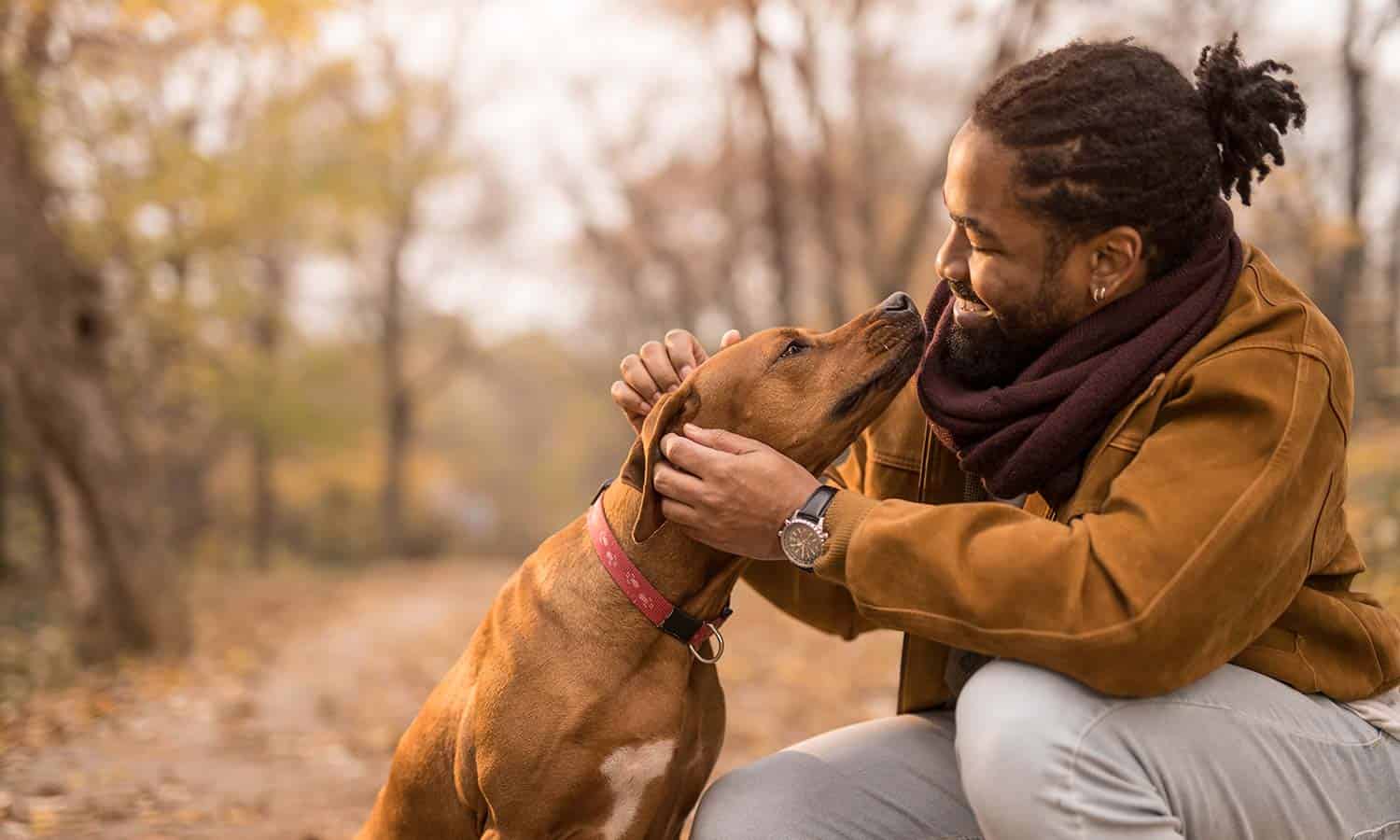Comprehensive Pet Surgical Services
At Orchard Park Veterinary Medical Center (OPVMC), we provide a comprehensive suite of surgical services for your pets. From routine procedures to highly-specialized surgeries, our skilled team is here to ensure the best care for your pet.

Specialized Surgical Procedures: Expertise with a Gentle Touch
If your pet requires specialized surgery, our dedicated team provides continual care and observation until your pet is ready to go home.
Emergency Surgery
Emergencies can happen anytime, and our capable team stands ready to perform life saving procedures day or night, including weekends. Your pet's life is our priority, and we'll be here when you need us. Our capable team will evaluate the nature of the emergency and provide stabilizing treatment until we are able to proceed with surgery. In some cases, surgical treatment can be provided immediately.
Surgical Anesthesia: Safety First
We believe there are no inherently ‘safe’ anesthetic drugs—only safe anesthetists. With Western New York’s only board-certified veterinary anesthesiologist on our team, OPVMC provides exceptional anesthetic oversight for every patient.
Before anesthesia, we complete a thorough exam and use advanced diagnostics such as ECG, ultrasound, and radiographs. Throughout each procedure, your pet’s vital signs are continuously monitored to ensure the safest experience possible.
Learn more about our anesthesiology services here.
Surgical Treatment Plan: Transparent Care
A clear, written treatment plan accompanies every surgery. Our veterinarians work closely with you to ensure you fully understand all recommendations. Your pet's well-being is a collaborative effort, and we value your trust and understanding.
Spay & Neuter: A Healthy Choice for Your Pet
Spaying and neutering prevent unwanted litters and offer significant health benefits. By eliminating the risk of specific tumors and infections, these procedures contribute to a longer, healthier life for your pet.
Laser Surgery
OPVMC offers a range of laser surgery procedures tailored to your pet's needs and conditions. Whether a routine operation or a complex surgical intervention, our skilled surgeons use advanced laser technology to provide precision and efficiency.
How Laser Surgery Works
Laser surgery employs a highly-focused laser beam, which vaporizes living tissue with extreme precision. Depending on the specific need, this beam of light energy can be controlled and manipulated to cut, coagulate, or vaporize tissue.
- Cutting: The laser beam can act as a scalpel, cutting through tissue with minimal trauma.
- Coagulation: Adjusting the beam's properties can seal small blood vessels and capillaries, reducing bleeding.
- Vaporization: The laser can ablate or remove unwanted tissue, like tumors or warts.
The surgeon's control over the laser beam's intensity, duration, and focus enables a highly customizable and precise approach to different surgical needs.
Advantages of Laser Surgery
The use of laser surgery in veterinary medicine offers many advantages for both the patient and the surgeon:
- Less Bleeding: The laser seals small blood vessels as it cuts, which minimizes blood loss.
- Reduced Pain: By sealing nerve endings, the laser reduces postoperative pain.
- Minimized Swelling: With its precision, the laser avoids unnecessary trauma to surrounding tissue, leading to less swelling.
- Lower Risk of Infection: The laser sterilizes the incision as it cuts, lowering the chance of bacterial infection.
- Enhanced Visibility: Reduced bleeding gives the surgeon a clearer view of the operating site, allowing for more precise work.
- Quicker Recovery: The combination of less pain, swelling, and infection risk often leads to faster healing and a more comfortable recovery process for the pet.
- Versatility: Laser surgery can be applied to a wide range of procedures, from routine to specialized surgeries.
Benefits for Pet Patients
Laser surgery can make the surgical experience significantly more comfortable for your pet:
- Less Trauma: With its precision, laser surgery often means smaller incisions and less tissue damage.
- Comfort: Reduced pain and swelling make for a more relaxed post-operative experience.
- Quicker Return to Normal Activity: With a more rapid healing process, pets often return to regular routines more quickly.
- Increased Surgical Options: Some procedures that might be risky with conventional methods can be safely performed with lasers.
Veterinary Neurology & Neurosurgery

OPVMC offers top-tier neurology and neurosurgical services led by board-certified neurologist and neurosurgeon Dr. Arielle Herberger. Specializing in diagnosing, treating, and managing complex neurologic conditions affecting the spinal cord, brain, muscles, and nerves, we use state-of-the-art imaging and diagnostic tools, including onsite MRI and CT machines.
Dr. Herberger collaborates with specialists in surgery, internal medicine, and oncology to provide comprehensive and compassionate care tailored to each patient's needs. From thorough neurological exams to cutting-edge medical and surgical therapies, OPVMC sets the standard in veterinary neurological care.
Laparoscopy - Minimally Invasive Diagnostics and Procedures
OPVMC offers veterinary laparoscopy, a minimally-invasive approach to examining and treating organs in the abdomen. This technique involves small incisions and specialized instruments, including a scope for magnified visualization.
Laparoscopy is known for its less painful recovery, shorter anesthesia time, and reduced risk of infection. Diagnostic procedures such as biopsies and surgical techniques like ovariectomy and prophylactic gastropexy are performed at OPVMC using this method. Dr. Paul Kloc offers a range of laparoscopic procedures for canine and feline patients, emphasizing safety and efficiency.
Available Surgical Procedures
Orthopedic
- Bone plate repair
- Interlocking nail repair
- Radius-ulna
- Fracture repair—Pins, plates, screws, external fixation, and interlocking nails
- Femoral head and neck ostectomy
- Cranial cruciate ligament surgery
- Tibial plateau leveling osteotomy and extracapsular repair
- Patellar luxation
- Osteochondritis dissecans
- Tendon injuries
- Maxillary and mandibular fracture repair
- Triple pelvic osteotomy
- Arthrodesis
- Elbow dysplasia
- Bicipital tenodesis
- Angular limb deformities
- Coxofemoral luxations
Gastrointestinal
- Gastric and intestinal neoplasia and foreign bodies
- Gastropexy
- Insulinomas
- Pancreatic abscesses and cysts
- Esophageal foreign bodies
- Subtotal colectomy of megacolon
- Hepatobiliary
- Extrahepatic portosystemic shunts
- Biliary diversions
- Cholecystectomy
- Partial hepatectomy
- Laparoscopic liver biopsies
- Laparoscopic assisted gastropexy
- Laparoscopic assisted intestinal biopsies
Skin and Reconstructive
- Trauma surgery
- Skin flaps
- Skin grafts
- Musculoskeletal injuries
- Anal sacculectomy
- Oncologic surgery
General Abdominal
- Exploratory for biopsies
- Splenectomy
- Diaphragmatic hernias
- Traumatic hernias
- Peritoneal-pericardial hernias
- Adrenal tumors
Neurosurgery
- Hemilaminectomy or laminectomy
- Ventral slot
- Atlanto-axial luxations
- Spinal fractures
- Caudal cervical spondylomyelopathy (wobblers)
Thoracic
- Spontaneous pneumothorax
- Patent ductus arteriosus
- Pericardectomy
- Lung tumors
- Persistent right aortic arch
- Chylothorax
- Thoracic wall resections
Urogenital
- Nephrectomy
- Nephrotomy
- Cystotomy
- Bladder tumors
- Ectopic ureters
- Urethrotomy
- Urethrostomy-scrotal, perineal
- Prostatic abscesses
- Prostatic biopsy
- Periprostatic cysts
- Vaginal tumors
- Perianal hernias
- Episioplasty
- Laparoscopic ovariectomy
Head and Neck
- Ear canal ablations
- Bulla osteotomy
- Vertical canal resections
- Mandibulectomy
- Maxillectomy
- Salivary mucoceles
- Laryngeal paralysis surgery
- Tracheostomy
- Thyroidectomy
- Parathyroidectomy
- Brachycephalic airway surgery
- Cleft palate repair
Referral Process
If your pet is being referred to OPVMC for specialty services, rest assured that you and your pet are in good hands. Here is what you can expect: Your primary care veterinarian will complete the OPVMC Referral Form and will send OPVMC a copy of your pet’s pertinent records.
- Once we have received the necessary records and Referral Form, our Referral Coordinator will contact you to schedule an initial consultation with the appropriate specialty department. Please allow up to 48 hours for them to contact you.
- Diagnostics and/or procedures are not guaranteed to happen on the day of the consultation. If they are to be performed that day, you may be asked to admit your pet to the hospital for the remainder of the day.
- Please be aware that some diagnostics performed with your primary veterinarian may need to be repeated due to when the test was originally performed. Having the most accurate and up to date information will assist our specialists in determining the best treatment plan for your beloved pet.
- Although we may be able to provide a rough estimate for common procedures, all services are patient specific. The veterinarian will be able to provide you with a cost estimate after the consultation.
- *If your pet requires immediate emergency care, please utilize our emergency services. Our specialists may be able to accommodate an emergency consultation if the attending Critical Care veterinarian deems it necessary. *


